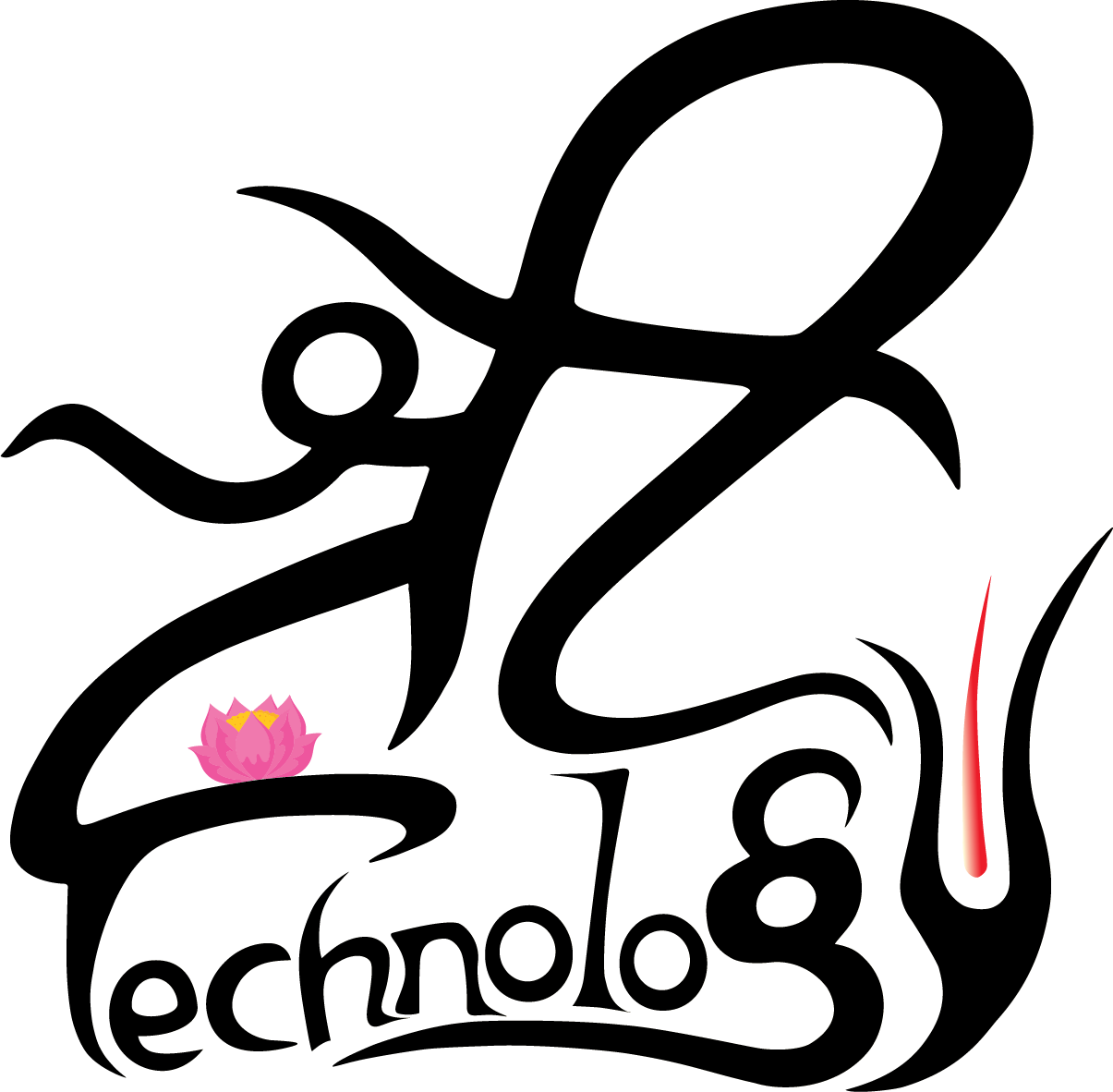In a move that has sparked significant debate, Google’s parent company, Alphabet, has lifted its long-standing ban on using artificial intelligence (AI) for developing weapons and surveillance tools. This decision has raised alarms within human rights organizations, who fear the implications of such technology being used in military and surveillance settings.
Human Rights Watch has expressed deep concern over this shift, warning that AI, particularly in military applications, could “complicate accountability” for decisions with life-or-death consequences. The organization emphasized the potential dangers of autonomous AI systems making military decisions, a concern that has only grown with the increasing use of AI on battlefields worldwide.
In defense of its decision, Alphabet argued that businesses and democratic governments need to collaborate on AI technology that supports national security. In a blog post, they emphasized the need for AI development to align with core values like freedom, equality, and respect for human rights.
While Google has framed the change as an evolution of its 2018 AI principles, experts believe that removing these red lines sets a worrying precedent, particularly as autonomous weapons systems become a growing reality in modern warfare. Human rights groups, including Human Rights Watch, have pointed out that such voluntary principles are insufficient and that stronger regulatory frameworks are needed.
The military potential of AI has been widely acknowledged in recent years, with experts highlighting its capacity to offer significant advantages in defense systems. However, the use of AI for autonomous targeting and military decisions raises ethical questions about the role machines should play in life-or-death situations.
Google’s decision also marks a departure from its original motto, “don’t be evil,” which was established by the company’s founders in the early days. While Google shifted to a more neutral “Do the right thing” after restructuring under Alphabet Inc. in 2015, this latest policy change has prompted criticism both within the company and from external watchdogs.
As the debate over AI’s role in military and surveillance applications continues, Google’s move serves as a reminder of the delicate balance between technological innovation and ethical responsibility. The question now is whether voluntary principles will be enough to ensure AI is used in ways that protect humanity or if stricter regulations will be necessary.
follow @sritechnology for more.



